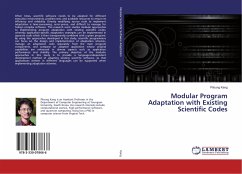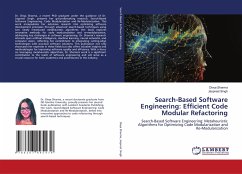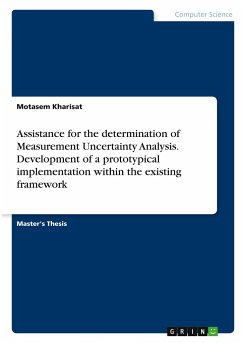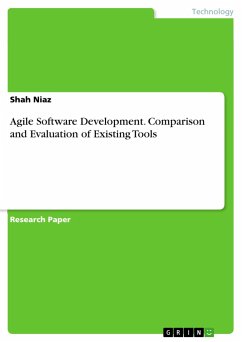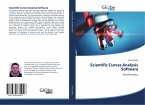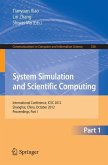Often times, scientific software needs to be adapted for different execution environments, problem sets, and available resources to ensure its efficiency and reliability. Directly modifying source code to implement adaptation is time-consuming, error-prone, and difficult to manage for today's complex software. This research work studies modular approaches to implementing program adaptation with existing scientific codes, whereby application-specific adaptation strategies can be implemented in separate code which is then transparently combined with a given program. By using the approaches developed in this study, scientific programmers can focus on the design and implementation of adaptation schemes, manage an adaptation code separately from the main program components, and compose an adaptive application whose original capabilities are enhanced in diverse aspects such as application performance and stability. The primary objective of the modular approaches in this study is to provide a language-independent development method of adapting existing scientific software, so that applications written in different languages can be supported when implementing adaptation schemes.

